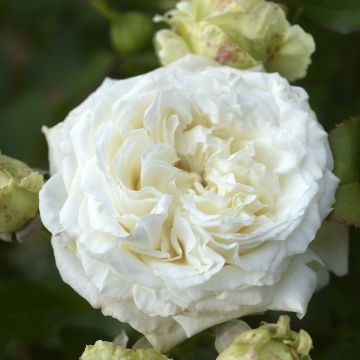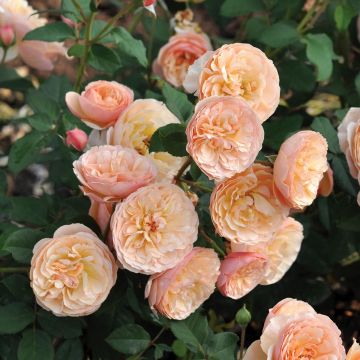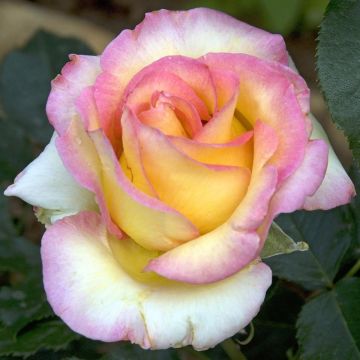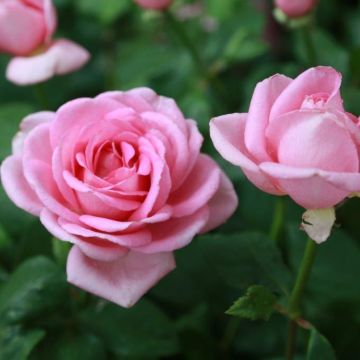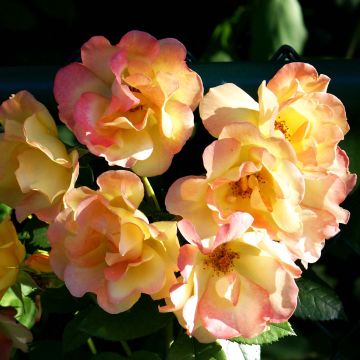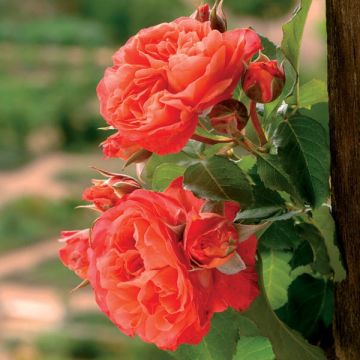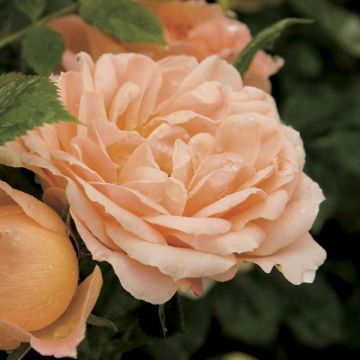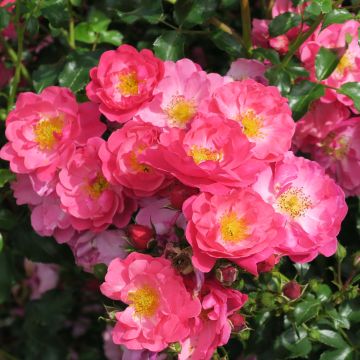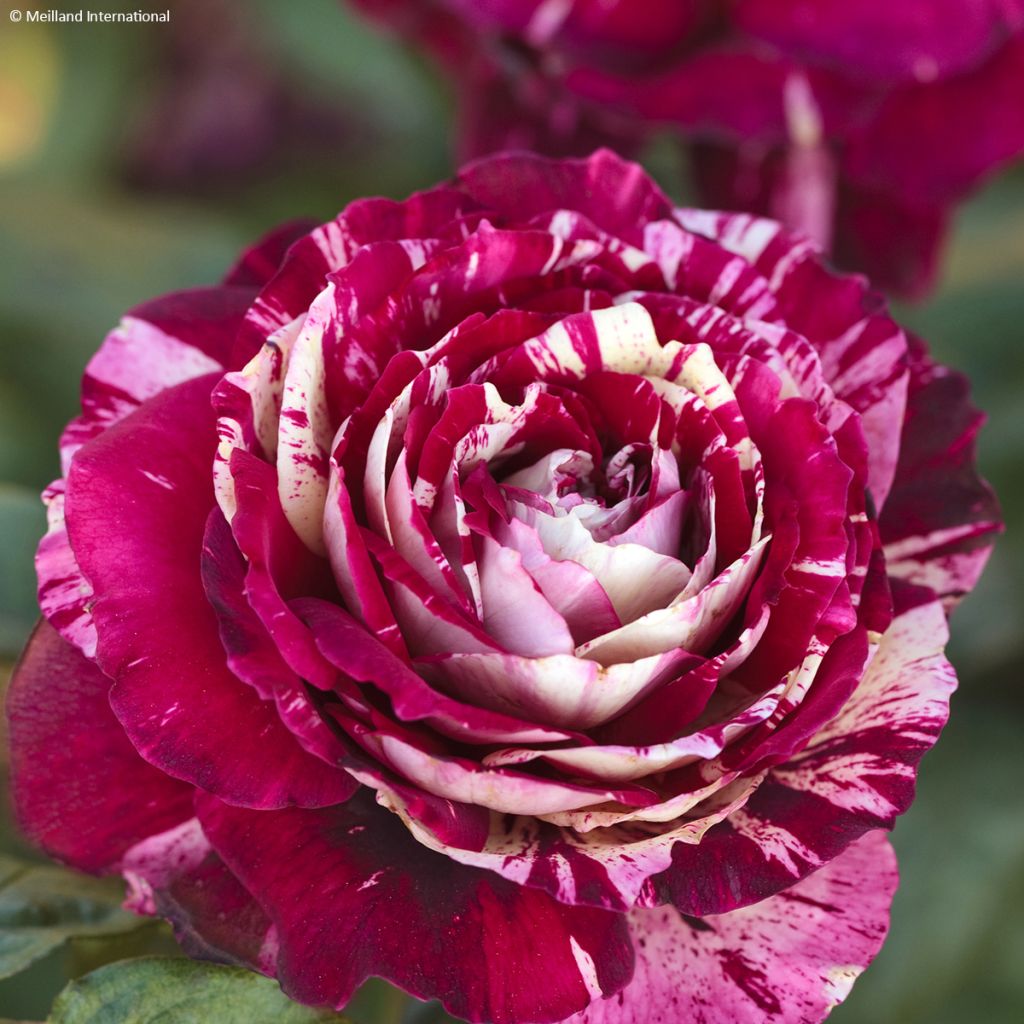

Rosa Julio Iglesias
View more pictures
Hide images
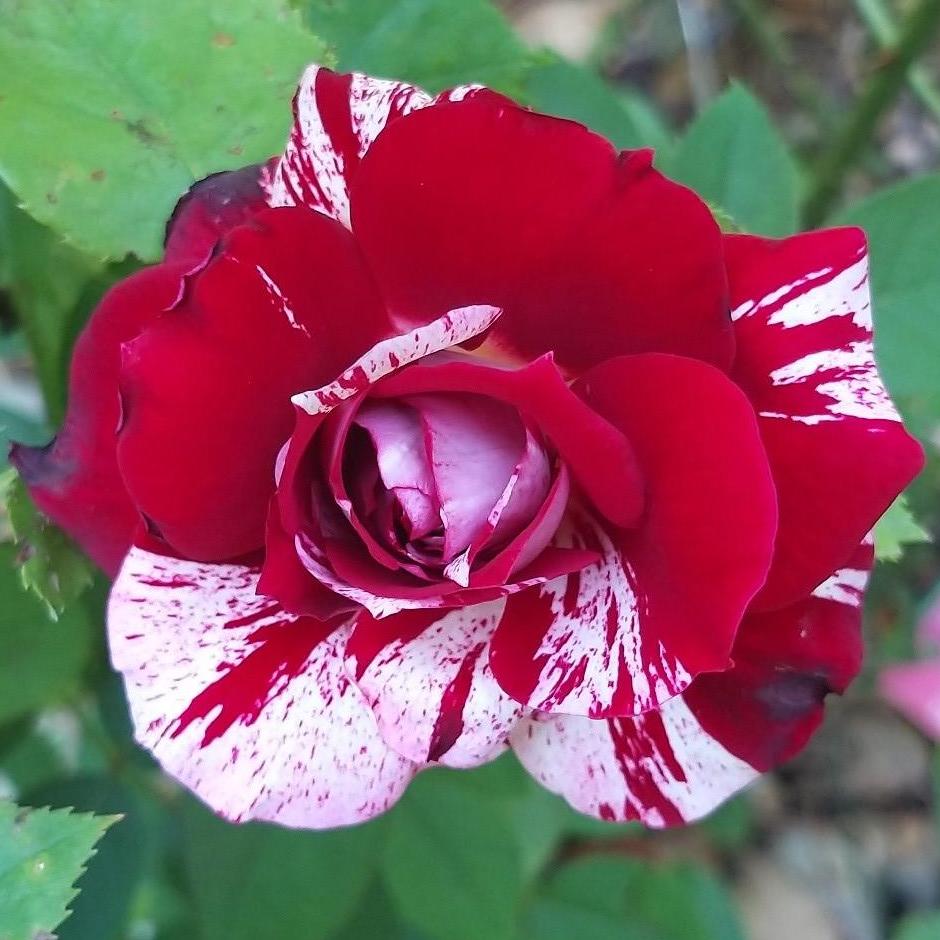
Thierry P.

July Flowering - image 05
Thierry P. • 84 FR
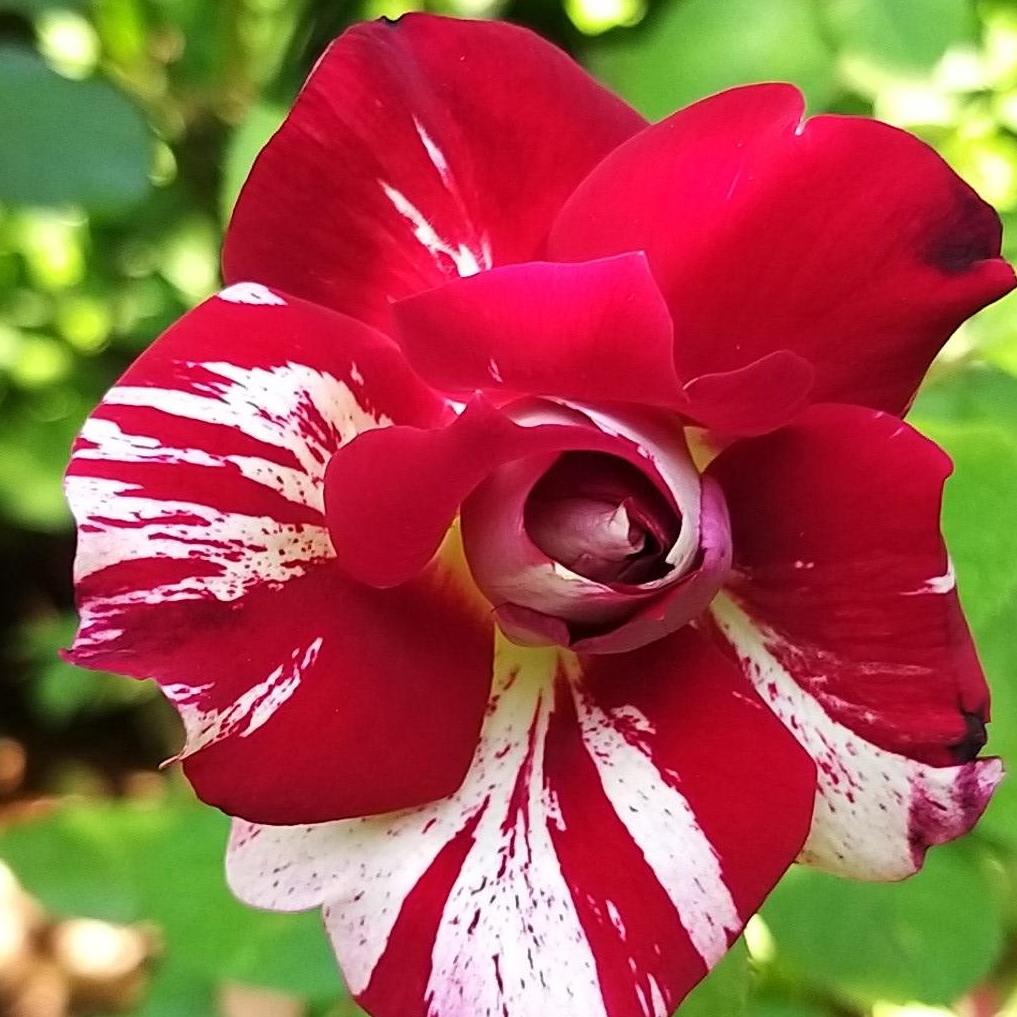
Thierry P.

Flowering in August - image 07
Thierry P. • 84 FR
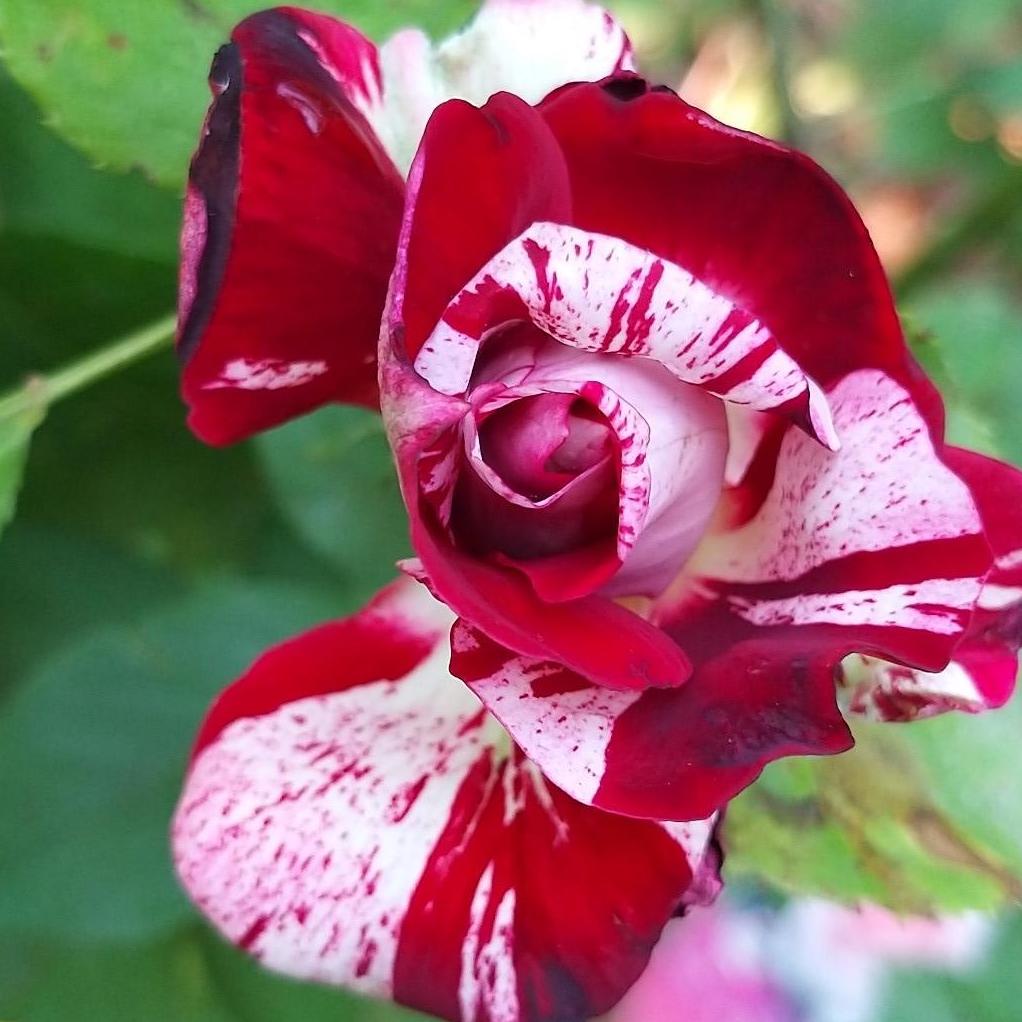
Thierry P.

July Flowering - Image 04
Thierry P. • 84 FR
Rosa Julio Iglesias
Rosa Julio Iglesias® 'Meistemon'
Rose
Special offer!
Receive a €20 voucher for any order over €90 (excluding delivery costs, credit notes, and plastic-free options)!
1- Add your favorite plants to your cart.
2- Once you have reached €90, confirm your order (you can even choose the delivery date!).
3- As soon as your order is shipped, you will receive an email containing your voucher code, valid for 3 months (90 days).
Your voucher is unique and can only be used once, for any order with a minimum value of €20, excluding delivery costs.
Can be combined with other current offers, non-divisible and non-refundable.
Why not try an alternative variety in stock?
View all →This plant carries a 6 months recovery warranty
More information
We guarantee the quality of our plants for a full growing cycle, and will replace at our expense any plant that fails to recover under normal climatic and planting conditions.

Description
The Julio Iglesias® bush rose is a modern hybrid tea rose that stands out for its disease resistance and charming flowers. This unique rose dedicated to the famous crooner captivates with its enchanting fragrance. The flowering of this vigorous bush is remarkable in many ways, both intense and prolonged. The sumptuous roses it produces have a romantic shape and are distinguished by a special colour: a delicate blend of magenta red and white. These roses emit an amazing fragrance, infused with powerful exotic citrus and lemon notes, with a subtle touch of spices. With generous flowering from spring to autumn, this plant enhances the garden throughout the season. Its dark green and glossy foliage adds extra elegance. Versatile, this variety is perfect for enhancing flower beds, borders, and edges, while also offering the opportunity to create stunning bouquets.
Unveiled in 2007, the Rosa Julio Iglesias® 'Meistemon' is a creation of the famous French rose breeder Meilland-Richardier. Since the 1850s/1867, Meilland International, based in Var, specifically in Luc-en-Provence, has been exclusively dedicated to the creation and obtaining of roses. For six generations now, the family-owned company has tirelessly worked to improve the colours, fragrances, and resistance of our varieties.
This hybrid variety belongs to the hybrid tea or large-flowered rose family. With rapid growth, it forms a plant with dense vegetation and a compact habit, reaching a height of 0.70 to 0.80m and a spread of 0.50 to 0.60m. This bush is characterized by strong, thorny branches that support dense foliage cut into large, dentate leaves with a satin dark green color, adding a beautiful ornamental appearance to the plant. From May-June to October, it offers generous and continuous flowering. The floral buds, with a purplish hue, open into magnificent flowers measuring 10 to 11cm in diameter, composed of 40 to 50 petals, reminiscent of the characteristic shape of hybrid teas. To maintain continuous flowering, it is recommended to regularly remove faded flowers. Its flowers are often grouped in 2, 3, or even 5 at the end of a long and sturdy thorny stem, perfect for cut flowers. The petals, with a dominant magenta red colour, are more or less speckled and streaked with cream white. The roses emit an intense fragrance with exotic citrus and Madagascar Verbena notes.
With its vibrant, warm, robust, and generous roses, the 'Julio Iglesias®' rose brings the elegance of a star to your garden. All it takes is a sunny exposure, fertile and moist soil for it to reach its full potential. Its luxuriant growth, gentle hue, and intoxicating fragrance make it a perfect choice for enhancing a small hedge, a rose bed, or light perennials. It can also be used individually in a well-maintained small garden. For a dramatic effect, plant it in groups of three in large borders. To create harmonious combinations, associate it with other yellow, white, or salmon-orange toned roses. In a colourful shrub border, you can pair it with Weigelas and dwarf Abelias, Caryopteris, or even lavenders. You can also pair it with Japanese anemones, panicle phlox, blue Canterbury bells, red Penstemons, delphiniums, Buenos Aires verbena... And let's not forget, for contrast, the association with silver foliage plants such as Artemisias and coastal Cinerarias, or positioned in front of the dark foliage of boxwoods, hornbeams, Japanese privets, cotoneaster... Moreover, the cut flowers of this rose have good lasting power and are naturally perfect for creating beautiful bouquets. Thanks to its compact habit, this rose is perfectly suited for container gardening. Just make sure to water it regularly and provide the necessary fertilizers for it to fully thrive on terraces, balconies, or patios.
Report an error about the product description
Plant habit
Flowering
Foliage
Botanical data
Rosa
Julio Iglesias® 'Meistemon'
Rosaceae
Rose
Cultivar or hybrid
Planting and care
Plant your Julio Iglesias ('Meistemon') Rose in a sunny or lightly shaded position. Modern roses are tolerant, but they do not appreciate excessive limestone or waterlogged soil in winter. They will adapt to any garden as long as the soil is well worked, not too heavy, and sufficiently rich. Water and fertilize your rose regularly to support its flowering. To plant your rose, work the soil by crumbling it and place an amendment, such as dried blood or dehydrated horn, at the bottom of the planting hole. Water generously after planting to remove air pockets. Water regularly for a few weeks to facilitate root development.
To encourage reblooming, regularly remove faded flowers.
Roses are often stained or unsightly in late summer, but this is not a problem for their development. These spots are not harmful to the rose, it is a natural phenomenon.
Planting period
Intended location
Care
This item has not been reviewed yet - be the first to leave a review about it.
Similar products
Haven't found what you were looking for?
Hardiness is the lowest winter temperature a plant can endure without suffering serious damage or even dying. However, hardiness is affected by location (a sheltered area, such as a patio), protection (winter cover) and soil type (hardiness is improved by well-drained soil).

Photo Sharing Terms & Conditions
In order to encourage gardeners to interact and share their experiences, Promesse de fleurs offers various media enabling content to be uploaded onto its Site - in particular via the ‘Photo sharing’ module.
The User agrees to refrain from:
- Posting any content that is illegal, prejudicial, insulting, racist, inciteful to hatred, revisionist, contrary to public decency, that infringes on privacy or on the privacy rights of third parties, in particular the publicity rights of persons and goods, intellectual property rights, or the right to privacy.
- Submitting content on behalf of a third party;
- Impersonate the identity of a third party and/or publish any personal information about a third party;
In general, the User undertakes to refrain from any unethical behaviour.
All Content (in particular text, comments, files, images, photos, videos, creative works, etc.), which may be subject to property or intellectual property rights, image or other private rights, shall remain the property of the User, subject to the limited rights granted by the terms of the licence granted by Promesse de fleurs as stated below. Users are at liberty to publish or not to publish such Content on the Site, notably via the ‘Photo Sharing’ facility, and accept that this Content shall be made public and freely accessible, notably on the Internet.
Users further acknowledge, undertake to have ,and guarantee that they hold all necessary rights and permissions to publish such material on the Site, in particular with regard to the legislation in force pertaining to any privacy, property, intellectual property, image, or contractual rights, or rights of any other nature. By publishing such Content on the Site, Users acknowledge accepting full liability as publishers of the Content within the meaning of the law, and grant Promesse de fleurs, free of charge, an inclusive, worldwide licence for the said Content for the entire duration of its publication, including all reproduction, representation, up/downloading, displaying, performing, transmission, and storage rights.
Users also grant permission for their name to be linked to the Content and accept that this link may not always be made available.
By engaging in posting material, Users consent to their Content becoming automatically accessible on the Internet, in particular on other sites and/or blogs and/or web pages of the Promesse de fleurs site, including in particular social pages and the Promesse de fleurs catalogue.
Users may secure the removal of entrusted content free of charge by issuing a simple request via our contact form.
The flowering period indicated on our website applies to countries and regions located in USDA zone 8 (France, the United Kingdom, Ireland, the Netherlands, etc.)
It will vary according to where you live:
- In zones 9 to 10 (Italy, Spain, Greece, etc.), flowering will occur about 2 to 4 weeks earlier.
- In zones 6 to 7 (Germany, Poland, Slovenia, and lower mountainous regions), flowering will be delayed by 2 to 3 weeks.
- In zone 5 (Central Europe, Scandinavia), blooming will be delayed by 3 to 5 weeks.
In temperate climates, pruning of spring-flowering shrubs (forsythia, spireas, etc.) should be done just after flowering.
Pruning of summer-flowering shrubs (Indian Lilac, Perovskia, etc.) can be done in winter or spring.
In cold regions as well as with frost-sensitive plants, avoid pruning too early when severe frosts may still occur.
The planting period indicated on our website applies to countries and regions located in USDA zone 8 (France, United Kingdom, Ireland, Netherlands).
It will vary according to where you live:
- In Mediterranean zones (Marseille, Madrid, Milan, etc.), autumn and winter are the best planting periods.
- In continental zones (Strasbourg, Munich, Vienna, etc.), delay planting by 2 to 3 weeks in spring and bring it forward by 2 to 4 weeks in autumn.
- In mountainous regions (the Alps, Pyrenees, Carpathians, etc.), it is best to plant in late spring (May-June) or late summer (August-September).
The harvesting period indicated on our website applies to countries and regions in USDA zone 8 (France, England, Ireland, the Netherlands).
In colder areas (Scandinavia, Poland, Austria...) fruit and vegetable harvests are likely to be delayed by 3-4 weeks.
In warmer areas (Italy, Spain, Greece, etc.), harvesting will probably take place earlier, depending on weather conditions.
The sowing periods indicated on our website apply to countries and regions within USDA Zone 8 (France, UK, Ireland, Netherlands).
In colder areas (Scandinavia, Poland, Austria...), delay any outdoor sowing by 3-4 weeks, or sow under glass.
In warmer climes (Italy, Spain, Greece, etc.), bring outdoor sowing forward by a few weeks.
































